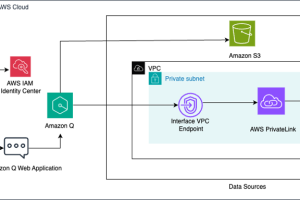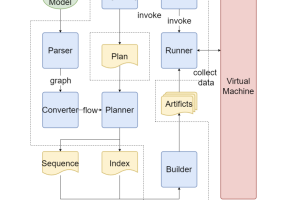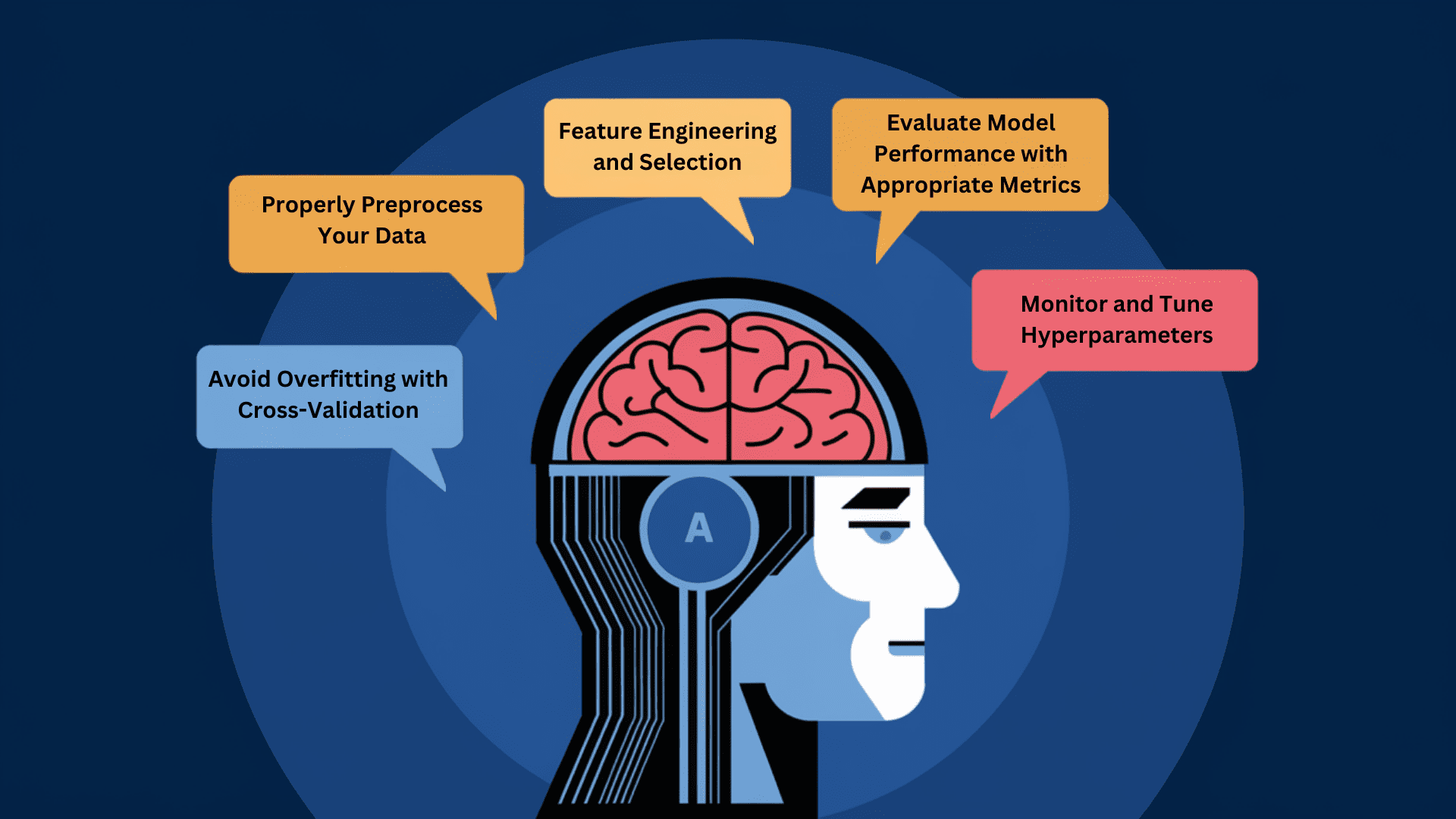We present a Positional Description Scheme (PDS) tailored for digit sequences, integrating placeholder value information for each digit. Given the structural limitations of subword tokenization algorithms, language models encounter critical Text Normalization (TN) challenges when handling numerical tasks. Our schema addresses this challenge through straightforward pre-processing, preserving the model architecture while significantly simplifying number normalization, rendering the problem tractable. This simplifies the task and facilitates more compact production-ready models capable of learning from smaller datasets. Furthermore, our investigations reveal that PDS enhances the arithmetic processing capabilities of language models, resulting in a relative accuracy improvement of 23{7df079fc2838faf5776787b4855cb970fdd91ea41b0d21e47918e41b3570aafe} to 51{7df079fc2838faf5776787b4855cb970fdd91ea41b0d21e47918e41b3570aafe} on complex arithmetic tasks. We demonstrate that PDS effectively mitigates fatal numerical normalization errors in neural models, requiring only a modest amount of training data without rule-based Finite State Transducers (FST). We demonstrate that PDS is essential for both the Text-To-Speech and Speech Recognition text processing, enabling effective TN under production constraints.









